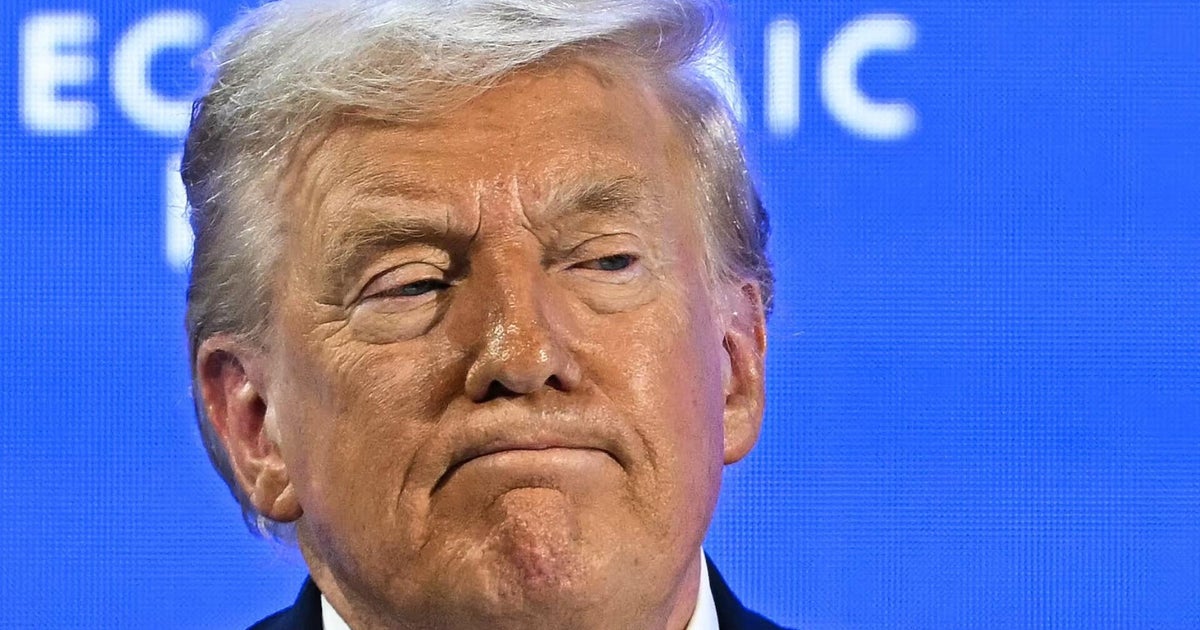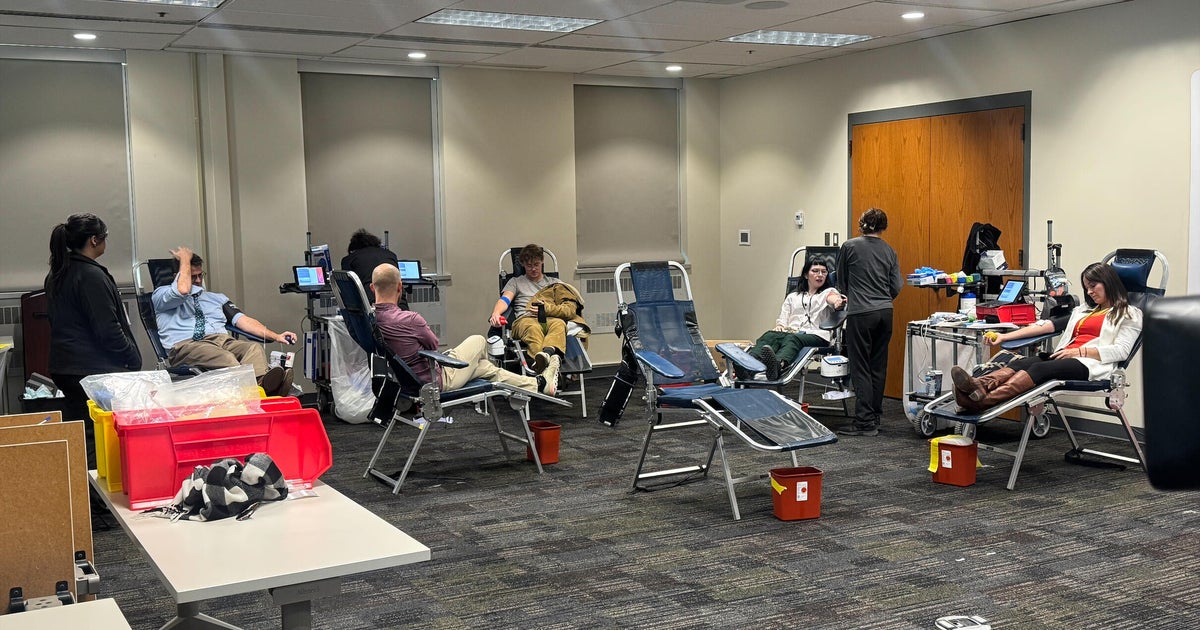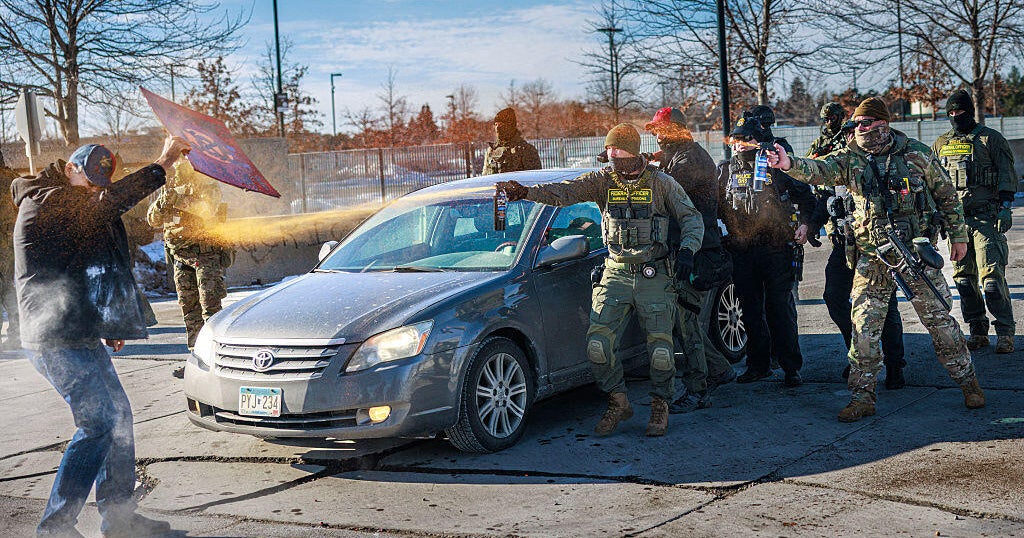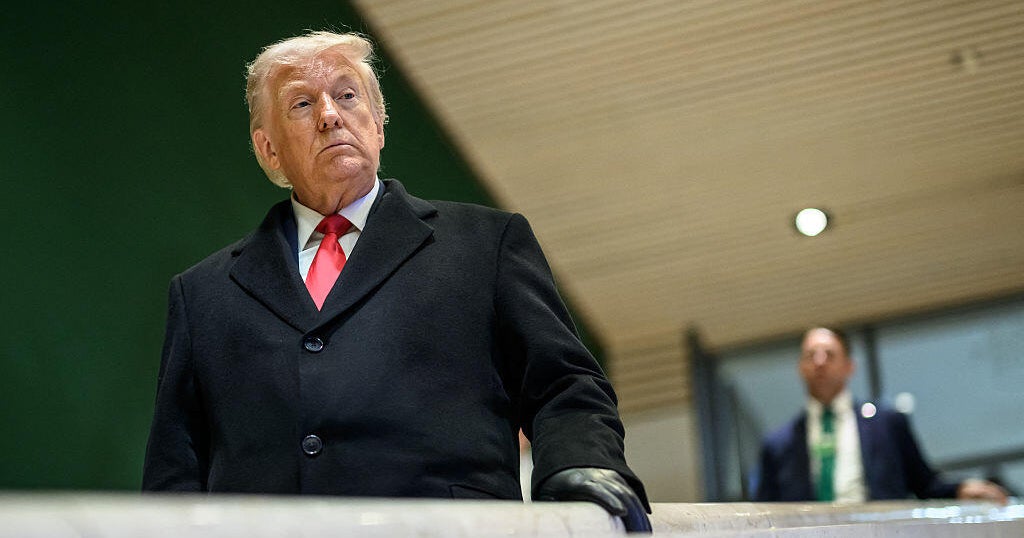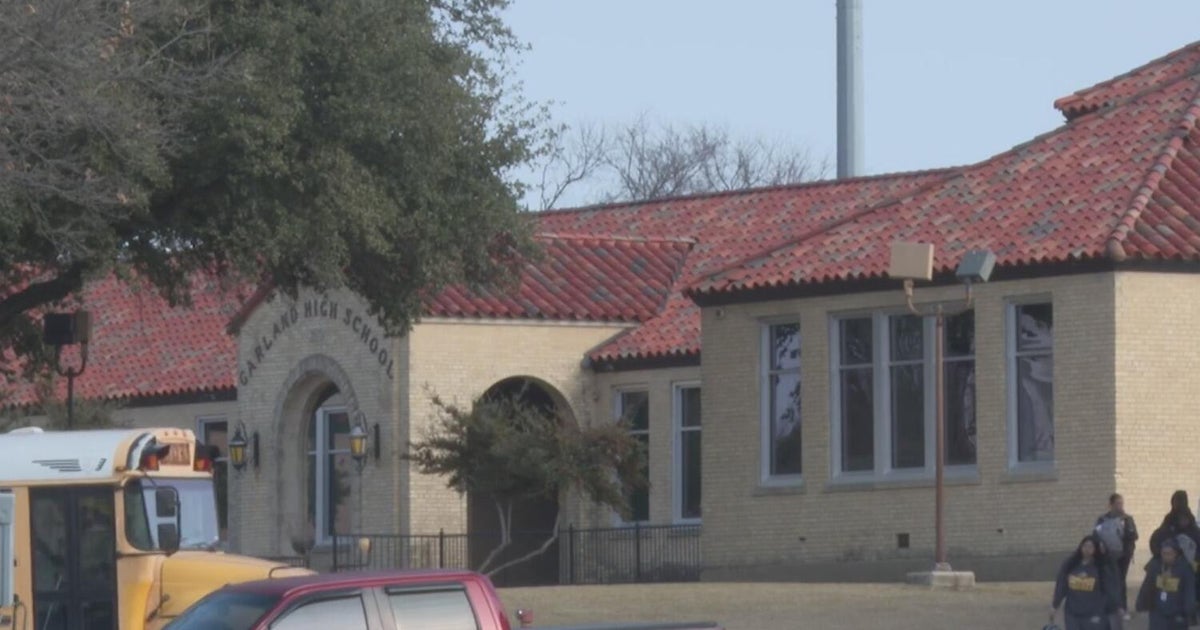Colorado Trump lawsuit petitioners' attorney: "Very good chance that we can win at the Supreme Court level"
Reactions to a Colorado State Supreme Court ruling, which could keep former President Donald Trump off the state's 2024 ballot, are pouring in.
This ruling -- if it holds -- could change the course of the 2024 presidential election.
While there have been similar legal challenges in dozens of other states, the Colorado Supreme Court is the first to rule on the merits of such a case, finding that Trump engaged in an insurrection and, as such, is ineligible to ever hold any public office again.
In a 4-3 ruling, the court ruled former Trump cannot appear on Colorado's primary ballot -- a decision that's sure to be challenged to the U.S. Supreme Court.
The whole country is now watching to see how this plays out.
In a 132-page opinion, the majority of Colorado Supreme Court justices noted the gravity of their decision, saying, in part, "we do not reach these conclusions lightly" noting they "travel in uncharted territory" as the first court in the nation to find Trump engaged in an insurrection.
They said they had "little difficulty" concluding, that Trump's actions leading up to, and on Jan. 6, 2021, "constituted overt, voluntary and direct participation" in an insurrection.
But they disagreed with the lower court on whether Section 3 of the 14th Amendment of the U.S. Constitution, which bars insurrectionists from holding office, applies to presidents, saying, "President Trump asks us to hold that Section 3 disqualifies every oath-breaking insurrectionist except the most powerful one and that it bars oath-breakers from virtually every office, both state and federal, except the highest one in the land."
RELATED: Colorado Supreme Court rules Trump is disqualified from presidency for Jan. 6 riot
They barred the Colorado Secretary of State from placing Trump's name on Colorado's primary ballot or counting write-in votes for him, but delayed the ruling from taking effect until Jan. 4, 2024 -- when Colorado's primary ballot needs to be set and certified.
Trump's attorneys vowed to appeal to the U.S. Supreme Court.
"Certainly a lot of people are going to be spending the holidays thinking over this quite a bit," said Mario Nicolais, an attorney for the Republicans and one of six Colorado voters to bring the lawsuit. Nicolais said he was confident the nation's highest court would uphold the state court's decision.
"One of the things that you'll find in this ruling is some reliance is based on writings of Neil Gorsuch -- Justice Gorsuch -- and what he had to say about protecting ballots from people who did not belong on them," Nicolais continued. "So I think there's actually a very good chance we can win at the U.S. Supreme Court level."
But the ruling wasn't unanimous; three judges dissented.
Chief Justice Brian Boatright said removing Trump from the ballot would require, "an insurrection-related conviction," which doesn't exist.
Justice Maria Berkenkotter said the court didn't have the authority to consider the case.
Justice Carlos Samour went even further saying Trump had been denied due process.
"What took place here doesn't resemble anything I've seen in a courtroom," Samour wrote. "Parties are always allowed to conduct discovery, subpoena documents and compel witnesses."
"The irregularity of these proceedings is particularly troubling, given the stakes," Samour wrote.
He also worried about potential chaos if other states began disqualifying Trump on an ad hoc basis. The ruling only applies to Colorado but Nicolais said other states would take notice.
"It is not binding on them, but it is persuasive authority, particularly because the Colorado Supreme Court went into such great detail on this," he said. "They have made sure that what they've written, if it does get appealed, will have to focus on that."
Other state courts, and even secretaries of state, could use the ruling as justification to keep Trump off the ballot in their states as well.
Here's why that matters: if Trump isn't on a state's primary ballot, he doesn't get delegates from that state and if enough states disqualify him, he may not have enough delegates to secure the Republican nomination.
If Trump appeals but the U.S. Supreme Court doesn't issue a ruling until after Jan. 4, Trump remains on Colorado's primary ballot. But, if the U.S. Supreme Court upholds the Colorado State Supreme Court's ruling, any votes for Trump wouldn't count.
Steven Cheung, a Trump campaign spokesman, issued a written statement Tuesday evening in response to the Colorado Supreme Court ruling, saying, in part, "Democrat Party leaders are in a state of paranoia over the growing, dominant lead President Trump has amassed in the polls. They have lost faith in the failed Biden presidency and are now doing everything they can to stop the American voters from throwing them out of office next November."
You can read the entire Colorado State Supreme Court decision here:




